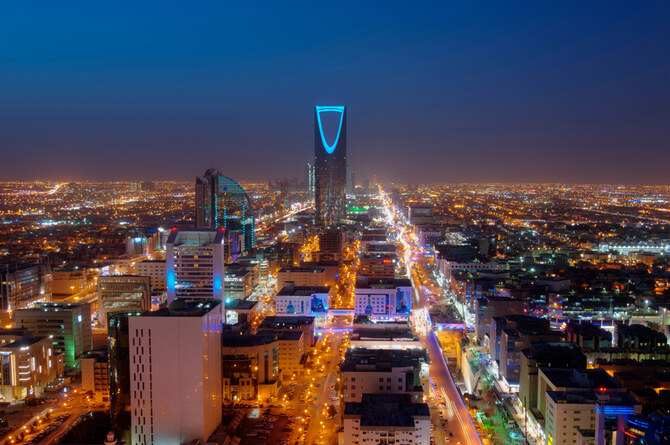RIYADH: Saudi Arabia’s real gross domestic product rose by 2.8 percent in the third quarter of this year compared to the same period in 2023, driven by an increase in non-oil activities, official data showed.
According to the General Authority for Statistics, the Kingdom’s non-oil sector expanded by 4.2 percent year on year in the third quarter, reflecting the goals of Vision 2030 to diversify the economy beyond oil revenues.
GASTAT data also showed a 3.1 percent rise in government activities year on year, while oil activities grew by a modest 0.3 percent. On a quarterly basis, Saudi Arabia’s seasonally adjusted real gross domestic product rose by 0.8 percent in the third quarter compared to the second quarter.
Breaking down quarterly figures, non-oil activities increased by 0.5 percent, while oil activities saw a 1.5 percent gain. However, government activities declined by 0.3 percent quarter over quarter.
Earlier this month, the International Monetary Fund projected Saudi Arabia’s economy to grow by 1.5 percent in 2024 and 4.6 percent in 2025, affirming the Kingdom’s economic resilience. The World Bank echoed similar optimism, forecasting growth of 1.6 percent this year and acceleration to 4.9 percent in 2025.
These IMF and World Bank projections exceed Saudi Arabia’s own pre-budget forecast, which estimated GDP growth of 0.8 percent in 2024, bolstered by a 3.7 percent rise in non-oil activities.
Credit rating agency S&P Global, in its September report, also highlighted Saudi Arabia’s economic resilience, forecasting GDP growth of 1.4 percent in 2024 and 5.3 percent in 2025, driven by the Kingdom’s commitment to economic diversification and reducing reliance on oil revenues.
Affirming the progress of Saudi Arabia’s economic diversification, GASTAT reported earlier this month that the Kingdom’s non-oil exports, including reexports, increased by 7.5 percent in August, reaching SR27.52 billion compared to the same month last year.
On a monthly basis, Saudi Arabia’s non-oil exports rose by 8.13 percent in August from July levels.
During the Future Investment Initiative’s eighth edition, Saudi Arabia’s Minister of Finance Mohammed Al-Jadaan highlighted the sector’s growth, noting that non-oil GDP now represents 52 percent of the Kingdom’s economy.


























